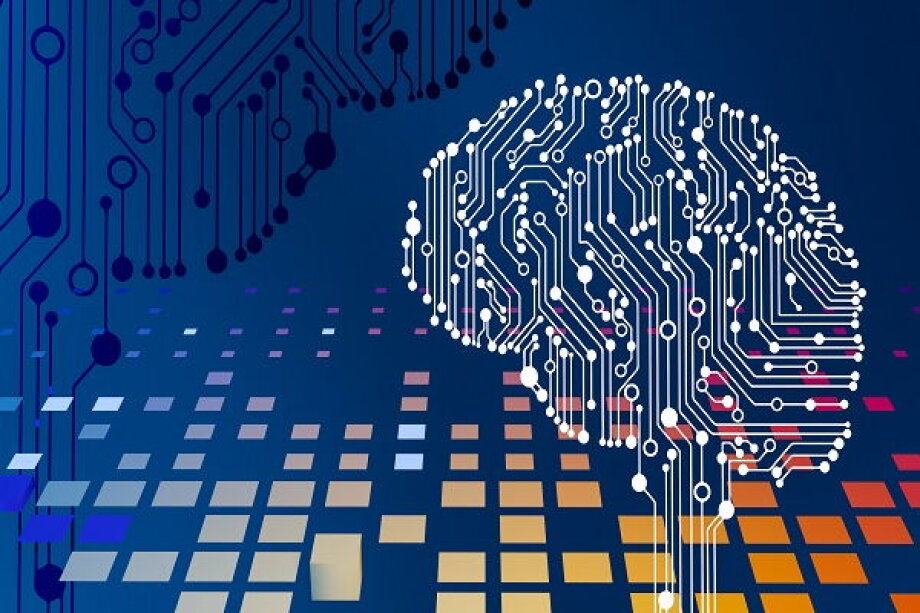European Union reaches unprecedented global agreement on AI development


After three days of intensive negotiations between member states and the European Parliament, the European Union reached an unprecedented global agreement on Friday to regulate the development of artificial intelligence (AI).
The core of the proposal is a list of rules that will apply only to systems considered to be "high risk," mainly those used in sensitive areas such as critical infrastructure, education, human resources, law enforcement, etc. These systems will be subject to several obligations, such as ensuring human oversight of the machine, preparing technical documentation, or implementing a risk management system.
The agreement is seen as a major step forward in the global regulation of AI. It is the first time that a major economic bloc has adopted a comprehensive set of rules to govern the development and use of AI. The agreement has been welcomed by AI experts, who say it will help to ensure that AI is developed and used safely and ethically. However, some critics have argued that the agreement is too restrictive and could stifle innovation. The agreement will now be formally adopted by the European Parliament and the European Council. It is expected to come into force in 2025.